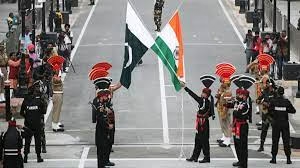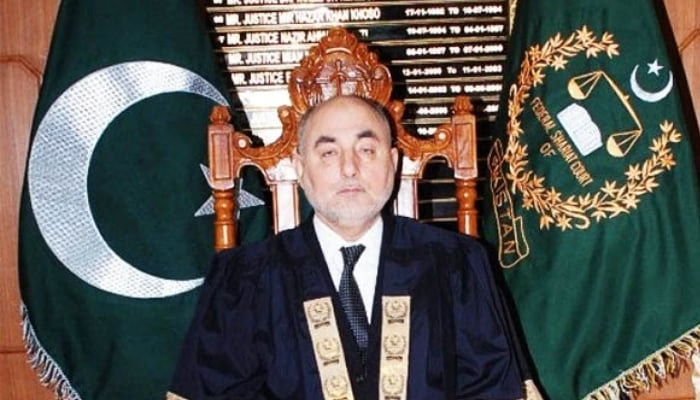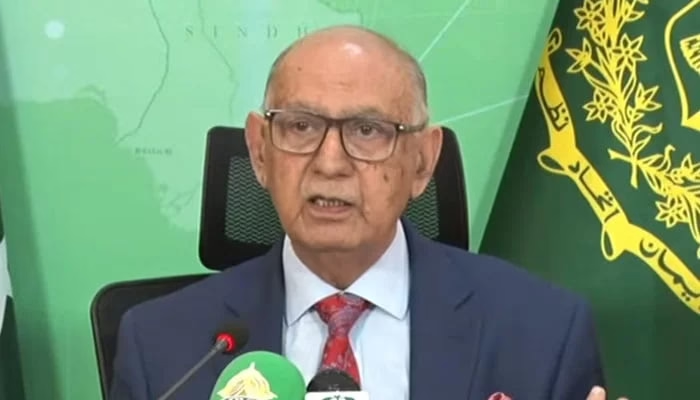Pakistan and India are moving towards de-escalation after the worst military clashes between the nuclear-armed neighbors in decades, according to a top Pakistani military official. General Sahir Shamshad Mirza, Pakistan’s Chairman of the Joint Chiefs of Staff, revealed that both countries have started reducing their troop build-up along the border to levels seen before the April conflict.
“We are almost back to the pre-22nd April situation,” Mirza told Reuters during the Shangri-La Dialogue forum in Singapore. His remarks mark the first public statement by a senior Pakistani military figure since hostilities began.
The recent fighting was triggered by a deadly April 22 attack in Indian-administered Kashmir that killed 26 people, most of them tourists. India blamed Pakistan-backed militants, an accusation Islamabad has firmly denied. In response, India launched missile strikes on what it called “terrorist infrastructure” inside Pakistan. Pakistan retaliated, and both countries rapidly reinforced troops along their shared frontier, using missiles, drones, and artillery in a tense four-day confrontation.
Though a ceasefire has since taken hold, General Mirza cautioned that the potential for future escalation has significantly increased—particularly since this time, the fighting extended beyond the disputed territory of Kashmir. Both sides targeted each other’s mainland military installations, although neither has acknowledged serious damage.
Mirza stressed the gravity of the situation, noting that while nuclear weapons were not brought into play this time, strategic miscalculations remain a constant threat in times of crisis. “You can’t rule out a misstep when tensions are high,” he warned.
The conflict represents a dangerous shift in dynamics between India and Pakistan, who have fought three wars—two of them over Kashmir—since gaining independence in 1947. “The threshold is now lower,” said Mirza. “Future conflicts may not be limited to Kashmir; they could impact the entire region.”
While the ceasefire was reportedly influenced by behind-the-scenes diplomacy involving the U.S., both countries have differing views on mediation. India insists any dialogue must be bilateral and denies third-party involvement in brokering the truce.
Mirza acknowledged that Pakistan remains open to dialogue but lamented the lack of formal communication channels beyond a few military hotlines. He warned that the short window available for international mediation in future crises could limit the chances of preventing significant damage.
“There are no backchannel talks, no informal meetings,” Mirza stated, adding that he had no scheduled interaction with India’s Chief of Defence Staff, General Anil Chauhan, who is also attending the Singapore forum.
He concluded with a clear message: “These issues can only be resolved through dialogue and diplomacy—not on the battlefield.”
Despite the current calm, the shadow of future conflict looms, and both nations must now decide whether to continue down a path of confrontation or pursue lasting peace.



